Spellbound before his own portrait, Dorian Gray utters a fateful wish. In exchange for eternal youth he gives his soul, to be corrupted by the malign influence of his mentor, the aesthete and hedonist Lord Henry Wotton.
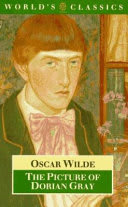
Average Rating
Informations
About the author
Oscar Wilde
Author
Oscar Fingal O'Fflahertie Wills Wilde was an Irish author, poet, and playwright. After writing in different literary styles throughout the 1880s, he became one of the most popular and influential dramatists in London in the early 1890s. He was a key figure in the emerging Aestheticism movement of the late 19th century and is regarded by many as the greatest playwright of the Victorian era. Wilde is best known for his Gothic novel The Picture of Dorian Gray (1890), his epigrams, plays, and bedtime stories for children, as well as his criminal conviction in 1895 for gross indecency for homosexual acts.
The Picture of Dorian Gray
by Oscar Wilde
Books Like The Picture of Dorian Gray
If you're looking for books similar to The Picture of Dorian Gray, here are some recommendations based on themes, tone, and narrative style.
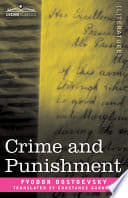
Crime and Punishment
Fyodor Dostoevsky
A profound psychological exploration of guilt, morality, and redemption. The protagonist commits a terrible crime and struggles with the psychological consequences of his actions. Similar to Dorian Gray, the novel delves deep into the human psyche and the moral consequences of one's choices.
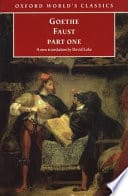
Faust
Johann Wolfgang von Goethe
A profound exploration of a man who makes a pact with the devil, trading his soul for knowledge and pleasure. Like Dorian Gray, the protagonist wrestles with moral corruption and the consequences of unchecked desires. The story delves into themes of temptation, redemption, and the human capacity for both good and evil.
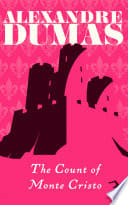
The Count of Monte Cristo
Alexandre Dumas
An epic tale of revenge, transformation, and moral complexity. The protagonist undergoes a dramatic personal journey, manipulating his identity and seeking justice. Like Dorian Gray, the novel explores how personal transformation can blur moral boundaries.
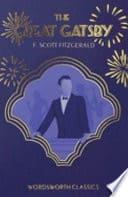
The Great Gatsby
F. Scott Fitzgerald
A critique of American dream and moral decay in the Jazz Age. The characters navigate complex social landscapes and personal desires. Similar to Dorian Gray, the novel explores themes of social ambition, moral corruption, and personal transformation.
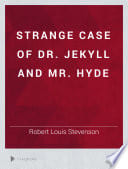
The Strange Case of Dr. Jekyll and Mr. Hyde
Robert Louis Stevenson
A psychological thriller examining the duality of human nature and the struggle between good and evil within a single person. The narrative explores how repressed desires can manifest in destructive ways, similar to Dorian Gray's moral transformation. The protagonist's internal battle reflects the novel's themes of identity and moral decay.
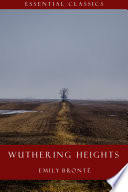
Wuthering Heights
Emily Brontë
A passionate and dark exploration of love, revenge, and moral destruction. The characters navigate complex emotional landscapes that challenge conventional morality. Similar to Dorian Gray, the novel examines how personal desires and emotional impulses can lead to profound moral corruption.
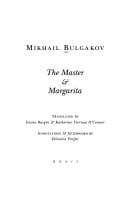
The Master and Margarita
Mikhail Bulgakov
A surreal exploration of good, evil, and moral complexity in Soviet Russia. The novel blends supernatural elements with profound philosophical questions. Like Dorian Gray, it examines the nature of temptation and the consequences of moral compromise.

The Portrait of a Lady
Henry James
A complex psychological novel about a young woman's journey of self-discovery and the social constraints of Victorian society. The protagonist navigates intricate social dynamics and personal choices, much like Dorian Gray explores individual agency and moral consequences. The novel offers a nuanced examination of personal freedom and societal expectations.
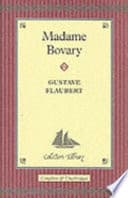
Madame Bovary
Gustave Flaubert
A groundbreaking novel about desire, disillusionment, and moral decay. The protagonist seeks escape from mundane reality through romantic fantasies. Similar to Dorian Gray, the novel explores how unchecked personal desires can lead to moral and personal destruction.
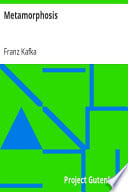
The Metamorphosis
Franz Kafka
A surreal exploration of alienation, identity, and personal transformation. The protagonist undergoes a bizarre physical and psychological change. Like Dorian Gray, the novella examines the fragility of human identity and social perception.
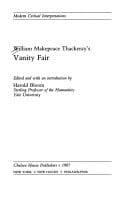
Vanity Fair
William Makepeace Thackeray
A satirical novel that critiques social ambition and moral hypocrisy in 19th-century English society. The characters navigate complex social landscapes, revealing human weaknesses and societal pretensions. Like Dorian Gray, the novel explores how personal desires and societal pressures can corrupt individual morality.
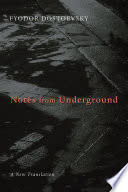
Notes from Underground
Fyodor Dostoevsky
A groundbreaking psychological study of human irrationality and inner conflict. The narrator explores the depths of human psychology and moral contradiction. Similar to Dorian Gray, the novel delves into the complex motivations behind human behavior.
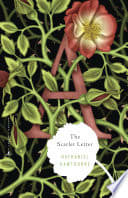
The Scarlet Letter
Nathaniel Hawthorne
A powerful narrative about sin, guilt, and social judgment in Puritan New England. The protagonist confronts the consequences of her moral transgressions and societal condemnation. Like Dorian Gray, the novel explores themes of personal morality, social perception, and internal psychological struggle.
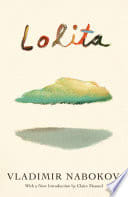
Lolita
Vladimir Nabokov
A controversial exploration of obsession, moral ambiguity, and psychological complexity. The narrative challenges conventional moral boundaries. Like Dorian Gray, the novel delves into the darker aspects of human desire and moral rationalization.
No account connected — sign in to comment.
